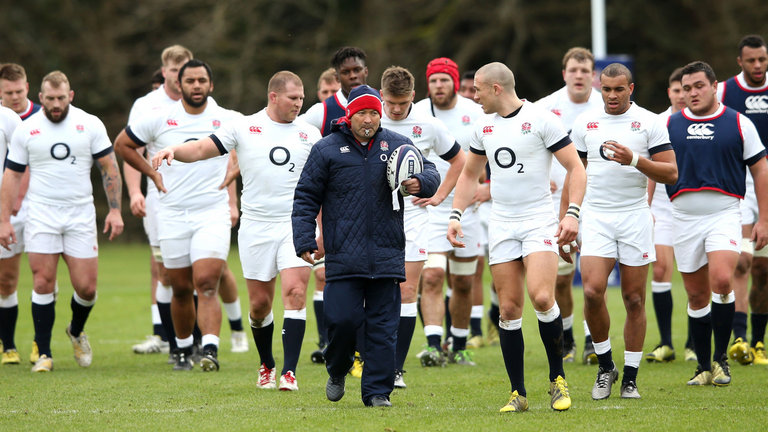How do high level coaches create a highly creative and competitive atmosphere?
/How do coaches in high performance atmospheres keep team players motivated? Before we look at an excellent example within rugby union, let's remind ourselves of earlier research around this area. Results from Pope and Wilson’s studies showed athletes who perceive coaches to be supportive of decisions, provided with clear feedback concerning goal pursuits and engage with them in genuine and empathetic manner report greater need fulfillment, more self-determined motives and more perceived effort in sport (J. Pope & Wilson, 2012). Supporting this, Vallerand and Mageau’s research has shown that intrinsic motivations and self-determined extrinsic motivators are necessary ingredients for athlete’s optimal function (Mageau, 2003). Deci and Ryan’s research investigated that intrinsic motivation is experienced as consequence of feeling competent and selfdetermined. Intrinsic motivation leads to greater persistence, improved performance and enhanced well-being in a physical setting. While intrinsic motivation stems from innate physiological need of competency and represents the prototype of self-determined behavior, self-determined extrinsic motivators, which are extrinsic motivators which have been internally rationalised with oneself, become activities which are being carried out as are important and concordant to one’s values (Mageau, 2003). It has been researched that changes to people’s perceptions of competence and self-determination (relatedness and autonomy) should increase intrinsic motivations and player identification while decreasing introjection and amotivation (Pelletier, 1995). Self-determined forms of motivation also result in optimal behaviour, resulting in peak performance and persistence (Deci and Ryan, 2008).
Therefore, coaches need to offer autonomy supportive methods through involving players in decision making and goal setting for all team aspects, allowing opportunities for initiative and provide non-controlling feedback to allow players to feel competent in their sport and confident in their choices. This should develop self determined and motivated athletes who in turn shall invest greater effort, report higher levels of concentration, be more persistent and ultimately perform better, based on previous research by Mageau (2003).
Eddie Jones and his England staff continue to use their vast imagination to help come up with ways for England to acquire knowledge and increase their intelligence collectively as well as individually.
"They (rugby players) need new ideas and variety to grow. If you keep doing the same thing, you won’t improve. Underneath the physicality is the importance of players making intelligent decisions. Whether they have the ball in their hands or the opposition do, they have to make a decision
“Each week we try and do something different,” he said. “Whether that be in the schedule structure, training content or the way we present information to the players. In training, we create situations where we don’t tell the players the purpose of the game as we want them to work it out for themselves and very quickly adapt
Allowing players to take initiative and greater control of what they do shall offer better understanding of why they do it. Offering greater levels of player involvement in decision making and coaching content shall also allow coaches to focus on dynamic coach-athlete relationships, noted as the foundation of coaching. Effective coach-athlete relationships address empathy, honesty, respect and support, which shall in turn be holistic in the growth and development of coaches and players alike.
While Eddie Jones has adopted this to an elite level, we as coaches should sit back and look at how we can ensure we are offering and developing some of these tactics in our age grade, grassroots or senior level for the improvement of our practices and player development.


